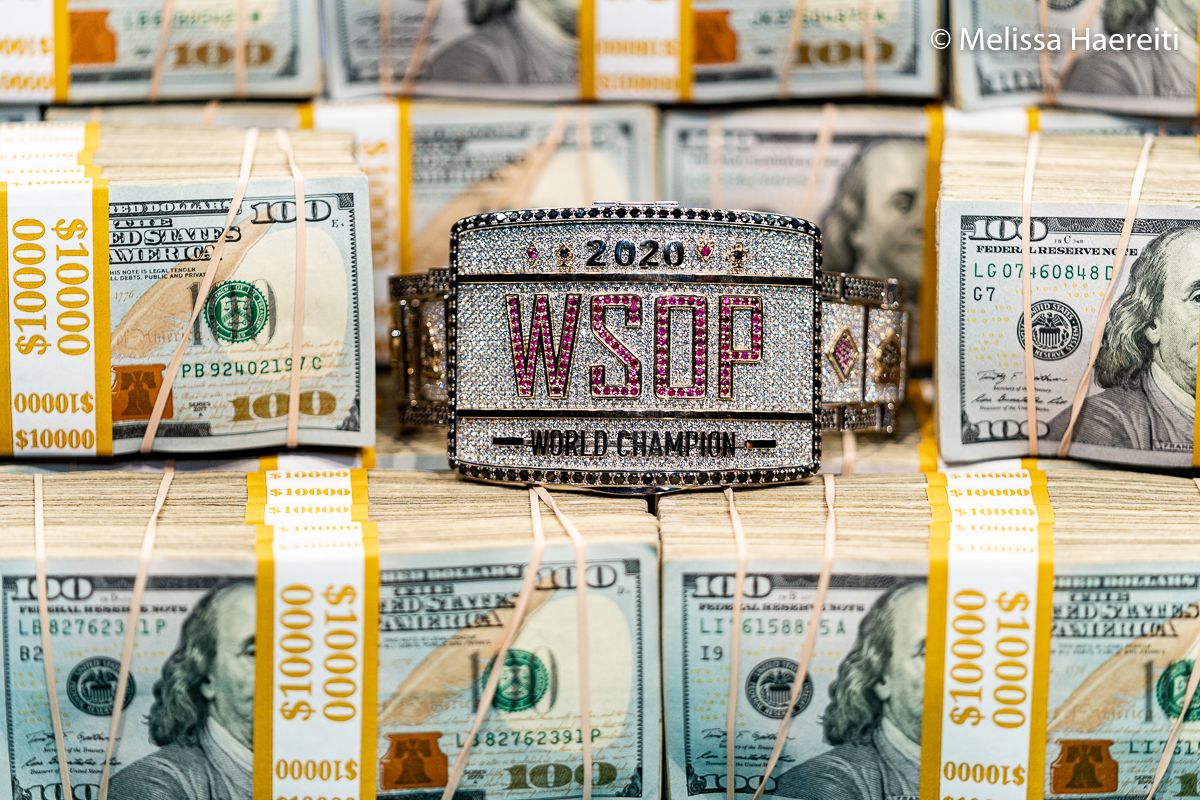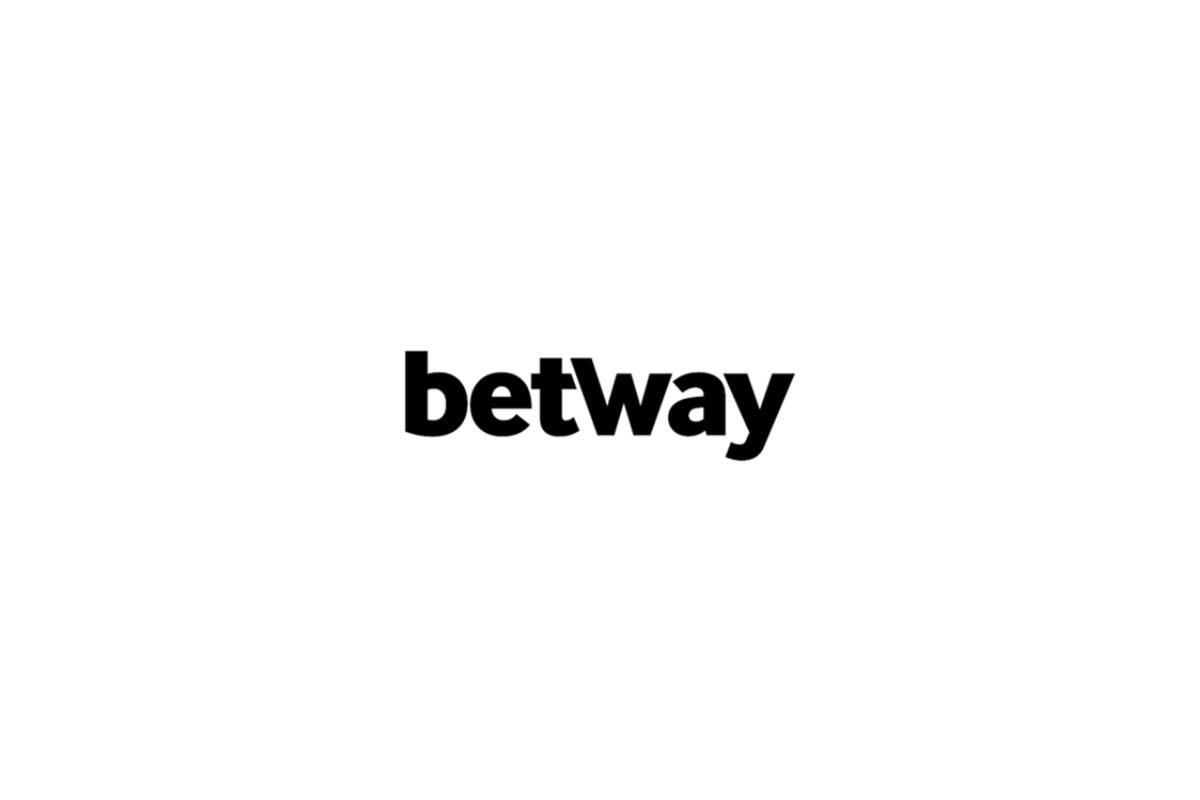
2021 WORLD SERIES OF POKER® IN REVIEW: WEEK TWO HIGHLIGHTS AND WHAT TO LOOK FORWARD TO
The 52nd annual World Series of Poker® (WSOP®) wrapped up its second week of play at the Rio All-Suite Hotel & Casino with thrilling wins and new champions crowned. With over 5,300 participants in just the Millionaire Maker event and over 20 gold bracelets already awarded, week two of the WSOP delivered some exciting events and game-winning hands including the debut live iteration of the Flip & Go format and a heart-racing finale in the $1,500 Millionaire Maker event.
Poker fans and interested media can tune into the weekly WSOP virtual press conference on Friday, Oct. 15 at 12 p.m. PST where host Tiffany Michelle will dive deeper into this week’s milestone events with special guests, bracelet winners and more. This week’s virtual press conference can be viewed on the WSOP YouTube channel
Week 2 Highlights
Phil Hellmuth Denied 16th Bracelet as Anthony Zinno Wins His 3rd in the $10K Stud Championship
Anthony Zinno, a three-time WSOP bracelet winner and former World Poker Tour Player of the Year, earned a new gold bracelet after beating out two Poker Hall of Famers and denying crowd favorite Phil Hellmuth his 16th gold bracelet.
DJ Alexander Captures First WSOP Bracelet in Event #20: GGPoker Flip & Go ($180,665)
The popular online Flip & Go format made its live debut at WSOP on Oct. 10, offering players a chance to quickly move on to the next table in a single hand. After seven hours of play on Day 2, DJ Alexander emerged victorious, earning his first WSOP gold bracelet and $180,665 in cash.
Pete Chen Wins His First WSOP Bracelet in the Ultra-Deepstack Online Event
Pete Chen claimed his first WSOP gold bracelet after defeating “Selvastar7” in a heads-up showdown with a river paired ace-jack, earning him $82,559. Chen’s victory marks a career-high online score bringing his total tournament earnings to $661,618.
John Monnette Wins Fourth WSOP Bracelet after 11 Hours of Play in the $10,000 Limit Hold’em Championship
John Monnette snags his fourth WSOP bracelet on Oct. 10, winning a total $245,680 and handing defeat to Nate Silver heads-up.
Jason Koon Snags His First WSOP Bracelet in $25K Heads Up Championship
American Poker Pro and new GGPoker ambassador Jason Koon wins intense face-off with Gabor Szabo, snagging his first-ever WSOP bracelet for $243,981.
What To Look Forward To
Friday, Oct. 15 – Event #30A: MONSTER STACK No-Limit Hold’em (Freezeout)
Players will face-off for a chance at a WSOP gold bracelet in a $1,500 buy in, no re-entry tournament.
Tuesday, Oct. 19 – Event #37: 1,500 Super Bounty No-Limit Hold’em
Players will compete in a one-day tournament where they will receive $500 from the prize pool for every player they eliminate.
Upcoming WSOP live streaming on PokerGO: PokerGO.com is live streaming 36 days of action from the 2021 World Series of Poker, including the entire $10,000 Main Event from start to finish. Coming up are live streams of Event #25: $5,000 NL Hold’em Six-Handed on Friday, October 15, Event #29: $10,000 Short Deck on Saturday, October 16, and Event #32: $3,000 H.O.R.S.E. on Monday, October 18. Watch now on PokerGO.com.
For real-time WSOP coverage, please visit PokerNews.com https://bit.ly/3uLIQdj.










